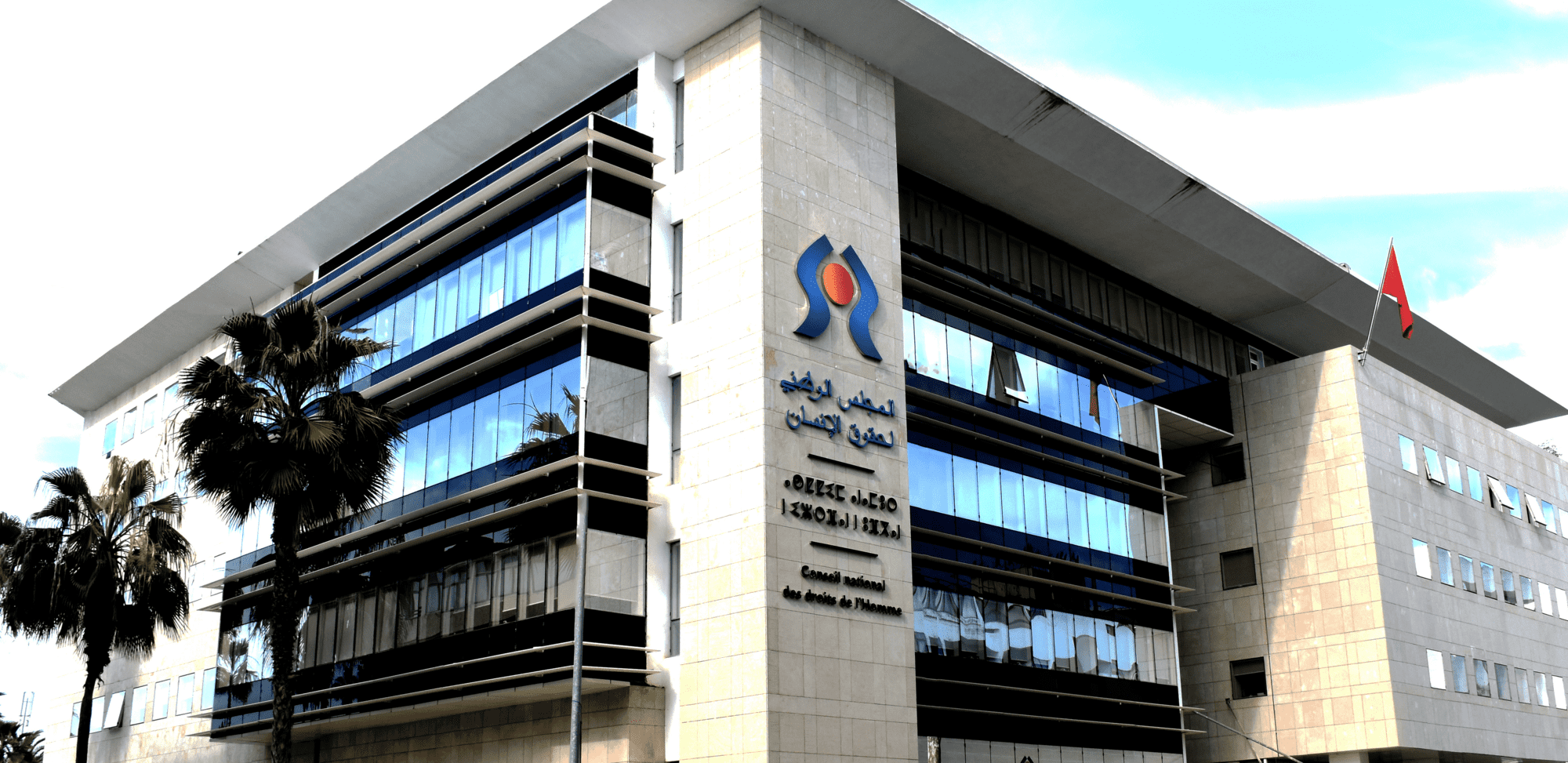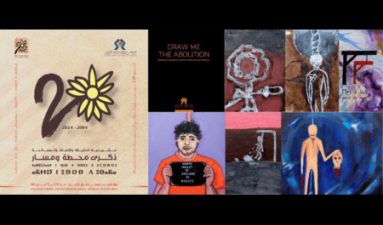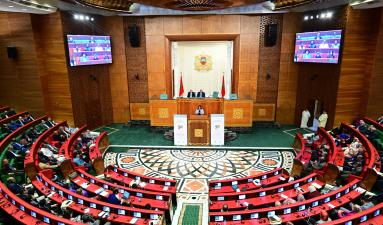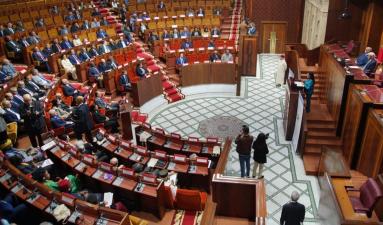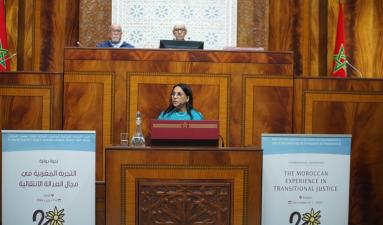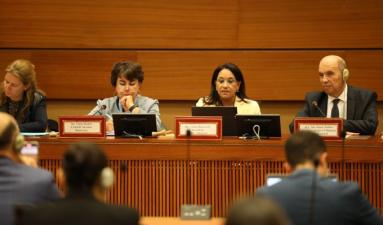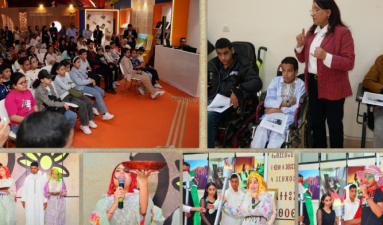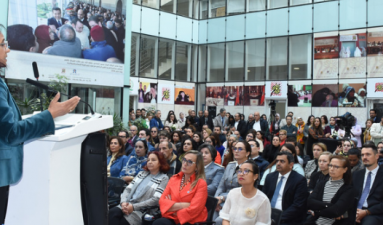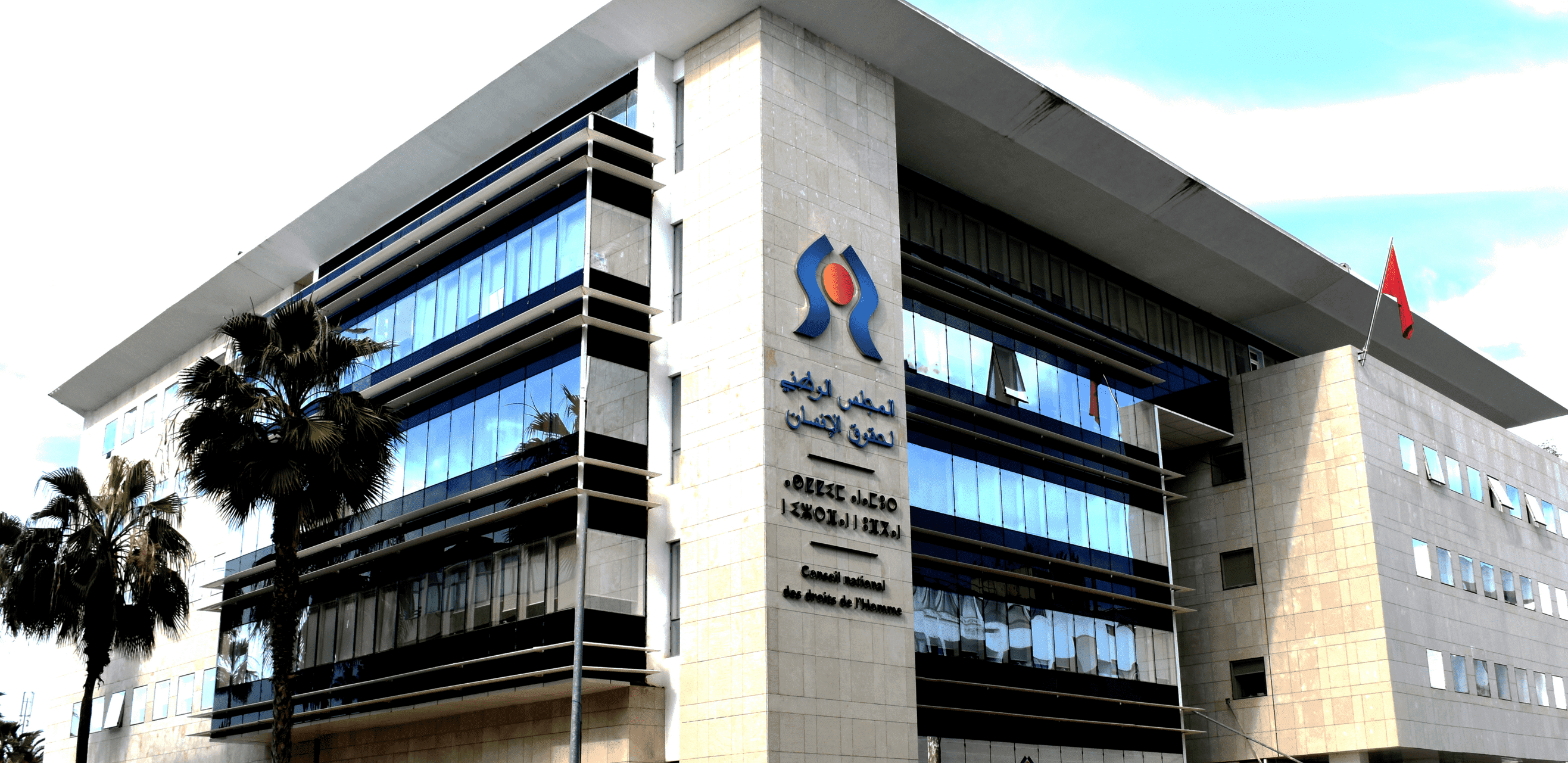
The families have responded positively to the Moroccan National Human Rights Council's (CNDH) call to conduct DNA genetic analysis, giving their personal, free, and informed consent. This operation has been made possible thanks to advances in DNA technology, allowing the extraction of genetic material from degraded samples.
Following the process of truth-finding and the implementation of all the Equity and Reconciliation Commission’s recommendations —regarding reparations, social reintegration, the settlement of administrative issues, and medical and health coverage— the National Human Rights Council (CNDH) launched a new initiative on September 4, 2024, inviting families and rightsholders to participate in DNA genetic testing to confirm the identities of persons buried in Tazmamart, a former irregular detention center permanently closed in 1991. The center is set to reopen soon as a site of memory.
The testing will continue throughout the week. Elderly family members or rightsholders will be able to conduct the tests at home, under the direct supervision of the Office of the Public Prosecutor. This initiative has been facilitated by new technological advancements in DNA genetic analysis, which now allow for the extraction of DNA from very degraded bone samples.
The CNDH commends the active involvement of the families and rightsholders, who responded to its call. In compliance with both international and national standards, particularly the personal data protection law, each participant provided personal, free, and informed consent before any samples were taken or tests conducted.
The CNDH also notes the internationally recognized expertise and competence of Morocco's National Forensic Science and Technical Laboratory, under the General Directorate of National Security (DGSN), and acknowledges its support in implementing the relevant recommendations of the Equity and Reconciliation Commission.
It is worth noting that in July 2023, the CNDH received positive results from the International Genetic Laboratory in Nantes, France. The lab successfully analyzed bone samples from the remains of presumed victims, which had previously been considered untestable due to severe deterioration.
In its 2022 Annual Human Rights Report, the CNDH announced that, following advancements in DNA profiling from very degraded bone samples, an ad-hoc committee was established to follow up on the matter. Initiated by CNDH Chairperson Amina Bouayach, the committee included representatives from the Committee for the Follow-up of the equity and reconciliation recommendations, the Office of the Public Prosecutor, the National Forensic Science and Technical Laboratory, and the Forensics Department of the Casablanca University Hospital.
In June 2022, the ad-hoc committee visited the International Genetic Laboratory in Nantes. Two of the bone samples that have already been submitted to the Lab went through DNA extraction. In its 2023 Annual Human Rights Report, the CNDH reported receiving positive preliminary results in July 2023, confirming that DNA could be extracted from the remaining samples.
The CNDH will inform the families of the DNA test results as soon as they are available. The Council remains committed to supporting all victims, their families, and rightsholders.
Reparations to Victims and Rightsholders
The CNDH reports that there were fifty-eight (58) victims at the Tazmamart detention center. Their cases were first brought before the Independent Arbitration Commission to Compensate Victims of Arbitrary Detention and Enforced Disappearances (1999–2003) and later reviewed by the Equity and Reconciliation Commission (2004–2006).
The Equity and Reconciliation Commission provided arbitration decisions to the victims and rightsholders, including financial reparations. To date, the total amount disbursed through the implementation of these decisions has exceeded 164 million Moroccan dirhams. In addition, the CNDH covers other health and medical care for victims, families, and rightsholders.

